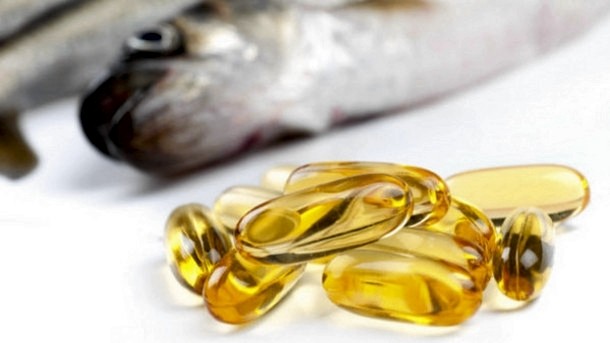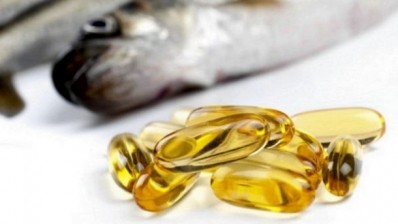Rat study finds rancid fish oil deadly, but humans shouldn't worry

The researchers, from the Liggins Institute in Auckland, found that mothers fed normal fish oil as an omega-3 supplement in the study had healthy offspring. This fact, they say, suggests that the chemicals the omega-3 fatty acids break down into during oxidation have a lethal effect, rather than the fish oil itself.
The rancid oil was intentionally oxidised to an extreme level, with the rats eating the equivalent of around three tablespoons of the spoiled supplement every day—both factors being highly unrealistic in human consumption.
The researchers wanted to investigate the health effects of “off” fish oil after an earlier study found that most fish oil supplements sold in New Zealand were off to some degree.
Female rats in the latest study were given either unoxidised fish oil or a highly oxidised fish oil, while the control group was given water daily throughout pregnancy. Almost 30% of baby rats born to mothers who had the highly oxidised oil died within the first two days.
Giving pregnant rats the unoxidised fish oil did not increase mortality rates in their babies, indicating that the lethal effect on newborns came from the chemicals that omega-3 fatty acids break down into during oxidation.
Omega-3 fatty acids are known to be chemically fragile or “unstable”, and can easily break down when exposed to natural conditions such as light, heat and oxygen.
The earlier study, published in Scientific Reports last year, tested 36 brands of fish oil supplements capsules. It used the international industry standard tests of oxidation. Eighty-three per cent were oxidised beyond international recommended levels. How “off” they were had nothing to do with best-before date, price, or the country they came from, the researchers found.
Four studies from North America, South Africa and Europe have also uncovered high levels of oxidation in fish oil supplements.
“Once we discovered so many supplements were oxidised, we decided to focus on the health effects of oxidised fish oil during and after pregnancy,” says research fellow Ben Albert.
“Pregnancy is a critical period when considering the safety of medications, and the same should apply to dietary supplements. Chemicals that may be harmless to mothers could potentially disrupt developmental processes in the womb.”
Study leader Wayne Outfield admitted that the research team had been surprised by the death rate.
“We’d expected some negative health effects on the rat offspring, but we didn’t expect them to die,” said Prof. Outfield.
The researchers said they do not yet understand exactly why the newborn rats died since this was an unexpected consequence of the experiments.
“Because we didn’t expect them to die, we didn’t design the study to look for reasons,” said Dr Albert.
At weaning, the mothers given oxidised fish oil also had greater insulin resistance, which in humans can lead to type 2 diabetes.
“Obviously, rats are not humans. Also, it’s important to note that the fish oil dose we gave to the rats was higher than doses humans take, but this dose is commonly used in fish oil studies in rats,” added Dr Albert.
The level of oxidisation was also at least double what the researchers had detected in most products in its earlier study of fish oil supplements.
“In future studies, we hope to examine what happens in pregnant rats when you vary how oxidised the fish oil is, and to understand exactly how the oxidised fish oil harms the baby rats.”
Up to one in five New Zealand women take fish oil supplements during pregnancy, according to the latest estimate.
Jenny Reid, manager of food science and risk assessment at the Ministry of Primary Industries reiterated the scientists’ assertion that fish oil available in New Zealand was safe.
“It is extremely unlikely that oxidisation of any product on the New Zealand market containing unsaturated fats would reach these levels," Reid said.
The Ministry of Health’s acting director of public health, Stewart Jessamine, said that official advice to pregnant women is, and always has been, to eat a healthy, well-balanced diet, and where practical to get essential nutrients from foods, not supplements.
"There is nothing in the study to suggest there is a risk to pregnant women. Consumers may choose to take dietary supplements, but the best source of omega-3 is from fresh fish. If people do not like fish then I encourage them to talk to a registered dietitian regarding other sources of omega-3,” said Dr Jessamine.












